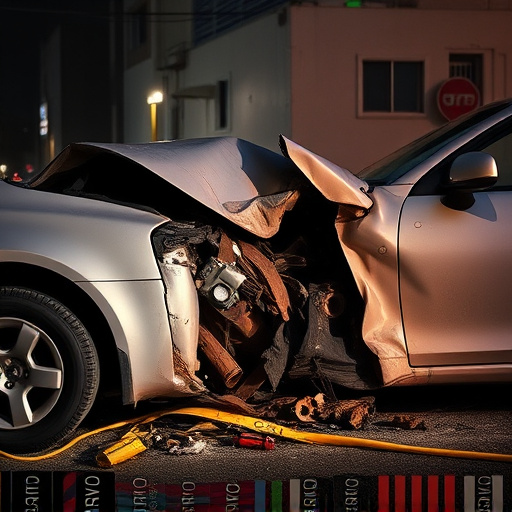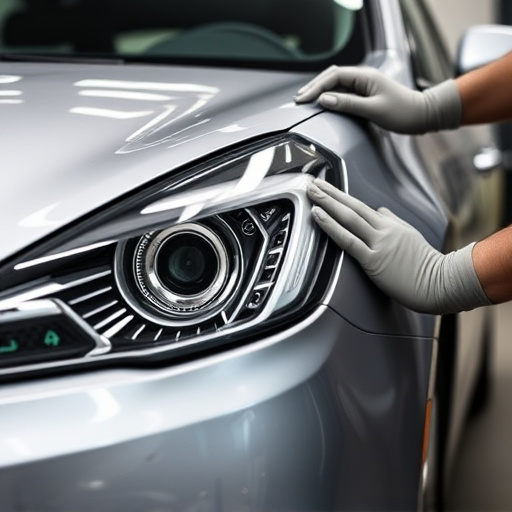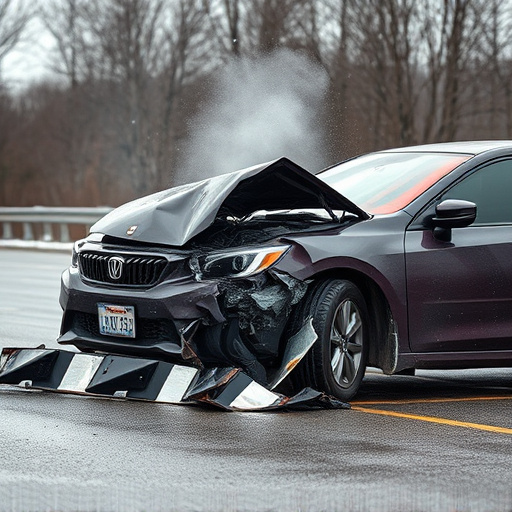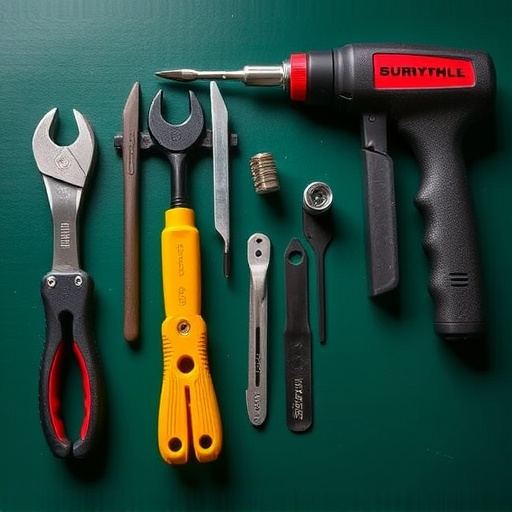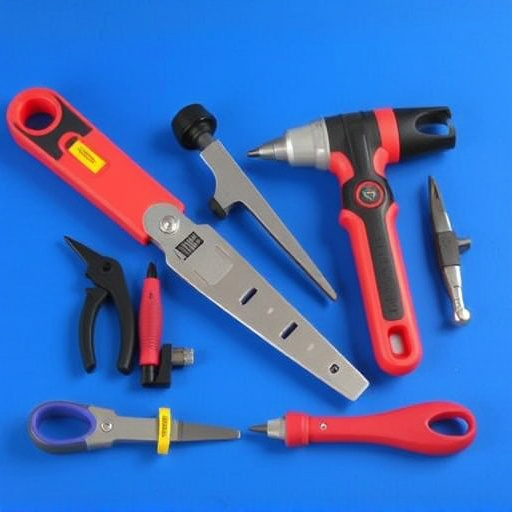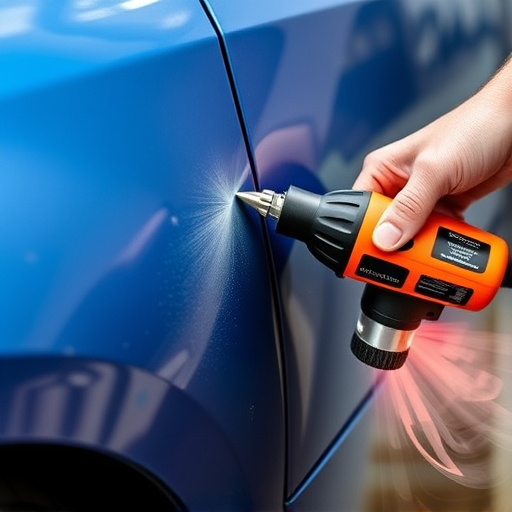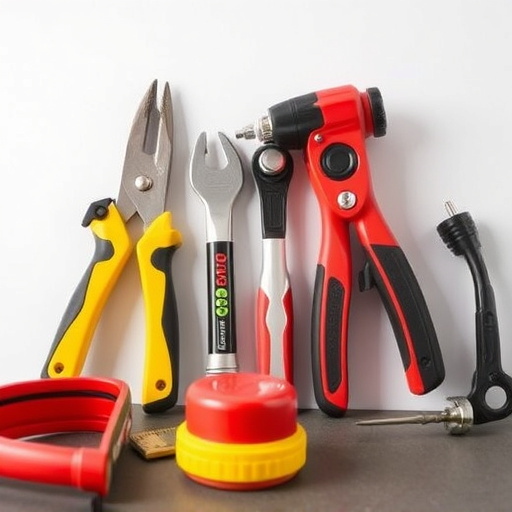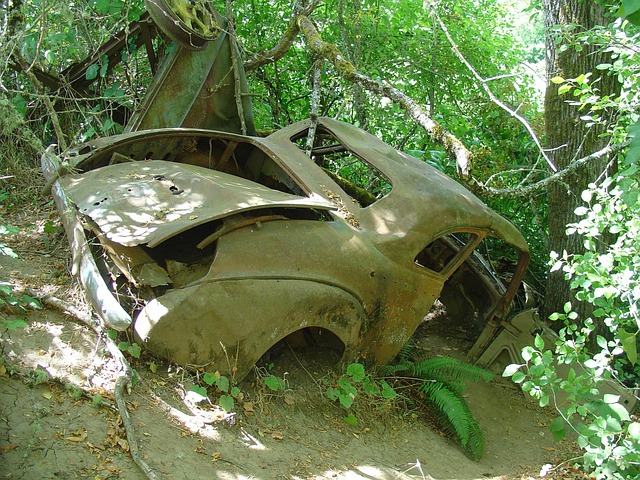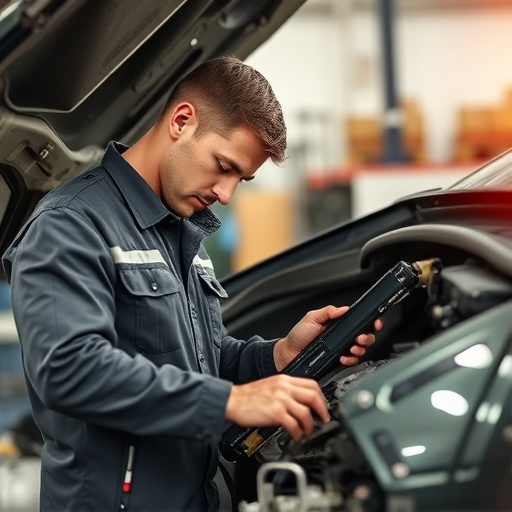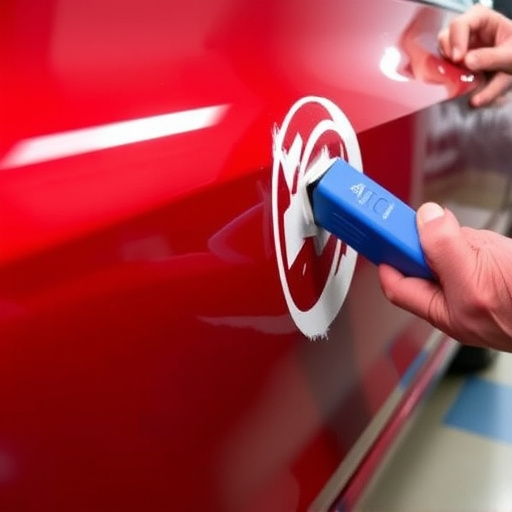Frame repair equipment is crucial in automotive repairs, especially for body shops and fleet services, ensuring structural integrity and safety by accurately fixing or replacing damaged frame components. Certified shops use industry-standard tools to streamline operations, handle complex repairs, enhance customer satisfaction, and maintain their reputation for excellence, demonstrating a commitment to precision and innovation. Certification protects customers and businesses, assuring high-quality service that meets strict industry standards while differentiating reliable shops through advanced tools.
In today’s automotive industry, certified shops prioritize quality and safety using industry-approved frame repair equipment. This article delves into the significance of such equipment, exploring its role in achieving precision and structural integrity during frame repairs. We highlight the benefits of adhering to industry standards, including enhanced accuracy, reduced repair times, and improved customer satisfaction. Additionally, we emphasize how certification ensures that shops meet stringent safety and quality criteria using advanced frame repair tools.
- Understanding the Importance of Frame Repair Equipment
- Benefits of Using Industry-Approved Tools
- Ensuring Quality and Safety through Certification
Understanding the Importance of Frame Repair Equipment

In the realm of automotive repairs, particularly within car body shops and fleet repair services, frame repair equipment plays a pivotal role in ensuring structural integrity and safety. A vehicle’s frame is its backbone, and any damage can compromise its overall stability and handling. Certified shops recognize this critical aspect, hence their preference for industry-approved equipment. This specialized machinery is designed to accurately and meticulously fix or replace damaged frame components, such as chassis, rails, and unibody structures.
Proper frame repair goes beyond mere aesthetics; it guarantees the car’s structural soundness. Using the right fender repair tools and techniques not only helps in returning the vehicle to its pre-accident condition but also ensures that future repairs are less complex and more cost-effective. By investing in industry-standard car body shop equipment, certified professionals can provide top-quality service, enhance customer satisfaction, and maintain their reputation for excellence.
Benefits of Using Industry-Approved Tools
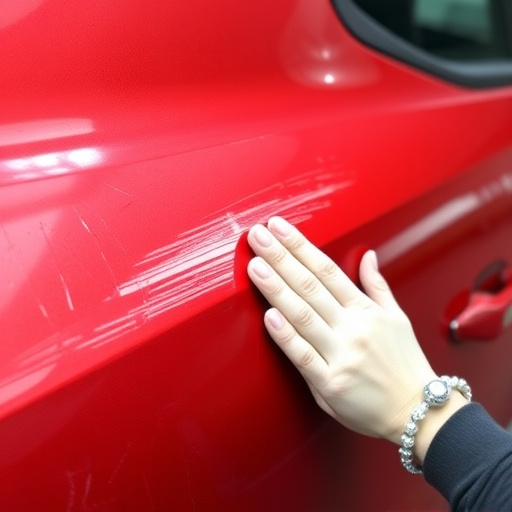
Using industry-approved frame repair equipment offers several advantages for certified shops. These tools are designed to meet the highest standards set by automotive manufacturers, ensuring precise and effective vehicle repair. The benefits extend beyond just quality; specialized equipment can streamline collision center operations, reducing the time required for tasks like car dent removal. This efficiency translates into lower costs and faster turnaround times for customers, enhancing the overall customer experience.
Moreover, investment in high-quality frame repair equipment demonstrates a commitment to excellence in vehicle repair services. It allows technicians to perform more complex repairs with greater accuracy, including intricate body panel reshaping and alignment adjustments. With these capabilities, certified shops can handle a broader range of issues, from minor dents to significant structural damage, all while maintaining the original vehicle aesthetics and safety standards—a crucial factor for any collision center aiming to stay competitive in the market.
Ensuring Quality and Safety through Certification

In the automotive industry, where precision and safety are paramount, certified shops emphasize the use of industry-approved frame repair equipment for good reason. This specialized equipment ensures that every repair is done with utmost accuracy, adhering to strict standards set by relevant authorities and trade associations. By employing these advanced tools, auto body shops can deliver high-quality car body repair and fender repair services, maintaining the structural integrity of vehicles they work on.
Certification acts as a safeguard for both customers and businesses. It assures clients that their vehicles are in capable hands, treated with the best practices in auto body repair. For shops, certification is not just a label; it’s a commitment to staying updated with industry trends, adopting innovative techniques, and prioritizing customer satisfaction. This dedication results in a reliable, efficient, and safe environment for both the professionals working on the equipment and the vehicles brought into the shop—a key differentiator for any reputable auto body shop.
Certified shops prioritize quality and safety by investing in industry-approved frame repair equipment. These tools ensure precise, efficient, and secure repairs, fostering customer trust and maintaining vehicle integrity. By adhering to industry standards, certified technicians deliver superior results, enhancing shop reputation and contributing to a robust automotive industry.

